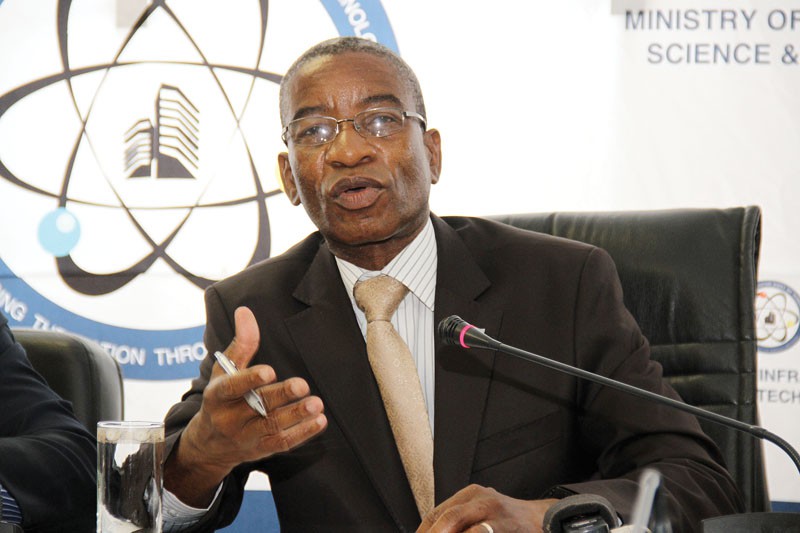We are ready for ESP � Molefhi
Bame Piet | Thursday December 3, 2015 15:53


Addressing the media yesterday, with a team of his technocrats, Molefhi said his ministry had mobilised all stakeholders among them architects, engineers, quantity surveyors, project supervisors and even the Directorate on Corruption and Economic Crimes.
“We have mobilised our sector – the construction industry, we have had meetings with the professionals – the architects, the engineers, the quantity surveyors so that they get themselves ready for what is coming,” he said. “We are going to establish teams to exercise superintendence over projects.”
Molefhi said his ministry had compiled an inventory of the capacity of the private sector; and teams would be working at regional and national level.
He said key ministries such as health, Local Government and Rural Development and Transport and Communications that were responsible for project implementation had also been brought on board.
“Therefore, we have teams at an official level within government to ensure that as we roll out project implementation,” he added. “We are not going to overburden any single company with work when other companies do not have work.” He also said that the ministry engaged Public Procurement and Asset Disposal Board (PPADB) to ensure that no tendering procedures are flouted. The Directorate on Corruption and Economic Crime would be alerted on procedures to ensure that no rules on tendering are broken.
Molefhi’s comments come against the backdrop of scepticism from economists and politicians alike, having expressed concerns on whether the private sector had the capacity to implement the proposed ESP projects, and that there was likelihood of favouritism in awarding of tenders to ruling party activists.
Some opposition politicians have labelled the ESP as a money-laundering scheme by some individuals in the ruling party, adding that it was a ploy to bankrupt the country so that when a new government takes over it finds no funds.
Meanwhile, Molefhi said that his ministry embarked on a number of initiatives to address shortcomings in the construction industry to encourage professionalism and self-regulation.
During 2015, the ministry continued to facilitate the implementation of legal instruments and administrative structure for both architects and quantity surveyors through financial support. These institutions are at different stages of implementation of their Acts.
Molefhi added that the Architects Registration Council has commenced registration of architects, while registration of quantity surveyors will commence early next year.
The Engineers Registration Board started registration in 2014 and 1,100 engineers have been registered, out of which 250 are government employees. The minister said that the establishment of Construction Industry Authority Botswana was at an advanced stage and the drafting of the Contractor’s Registration Bill was ongoing. He said the bill was at drafting stage, but the overarching objective of Construction Industry Authority Botswana would be to implement an integrated strategy for the reconstruction, growth and development of the construction industry.
